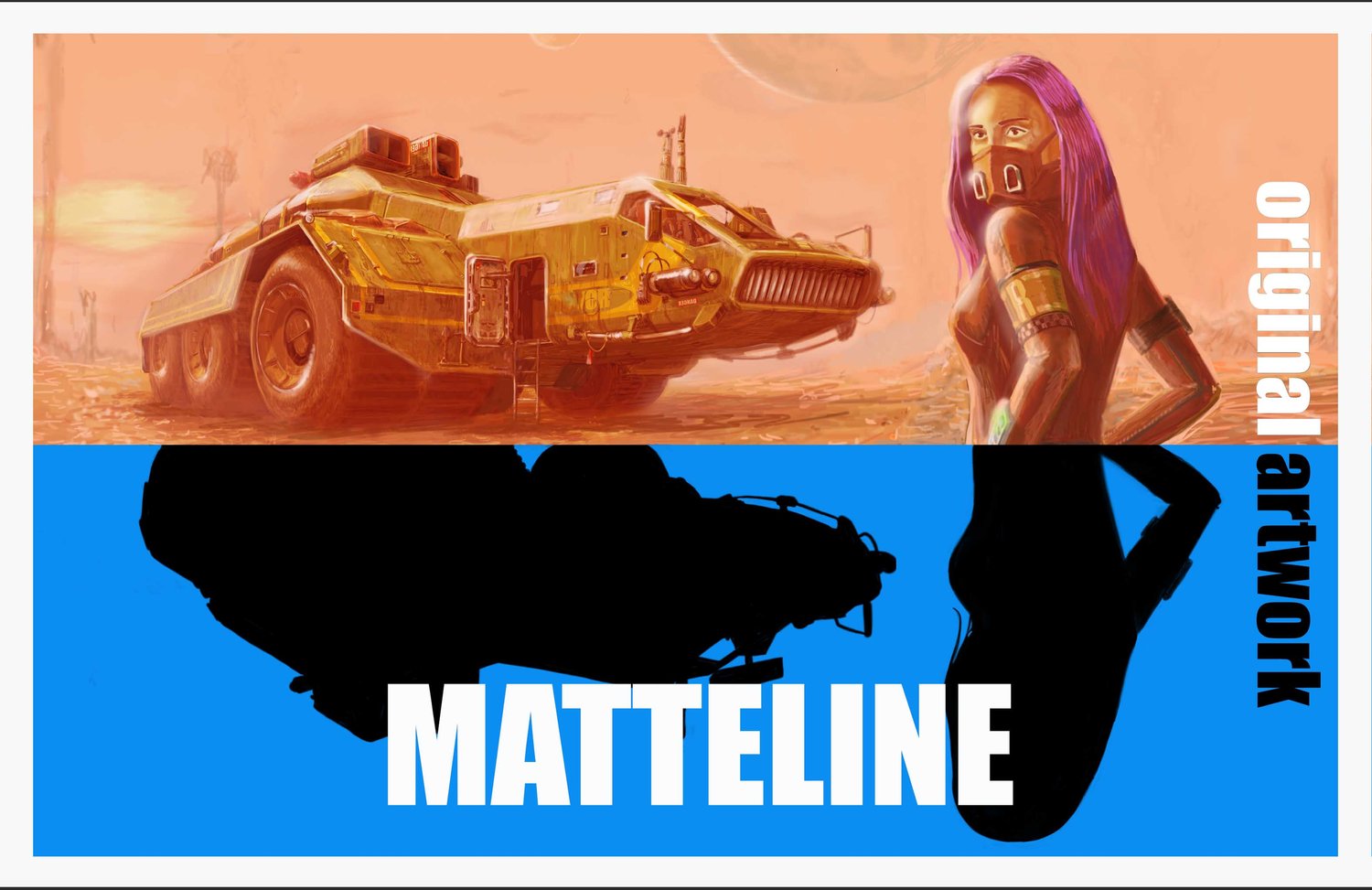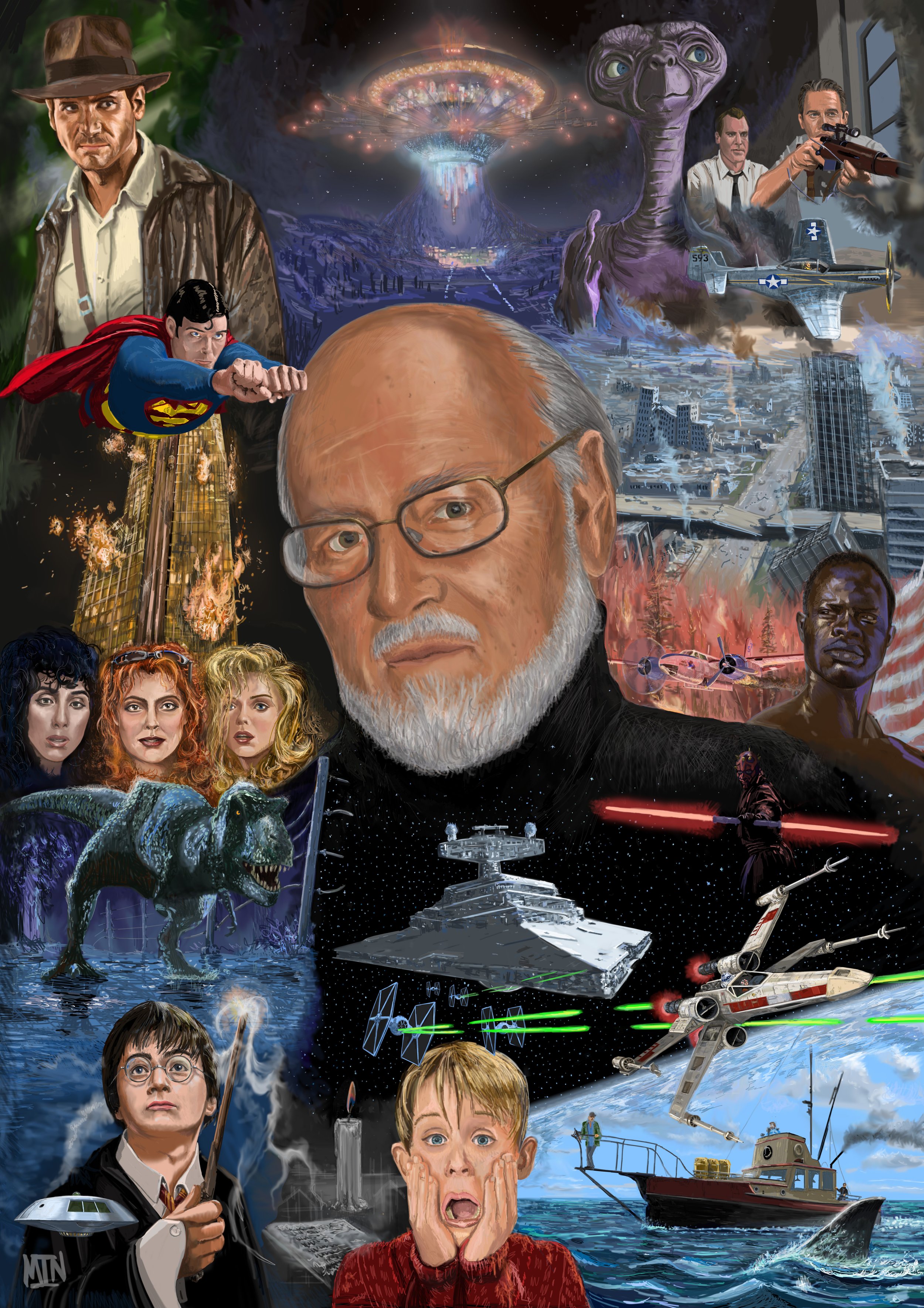JOHN WILLIAMS
June 2nd 2022
It John Williams has composed the film score for some of the most successful and best loved films ever made. His impact on ‘cinema’ has been huge.
He was born February 8th, 1932, in New York and started his professional career in Los Angeles working as a musician in Hollywood at various film studies for composers including Henry Mancini, Elmer Bernstein and Alfred Newman. In the 1960s he began composing incidental music for TV shows and ‘Johnny’ Williams provided the memorable themes, as well as some incidental music for the Irwin Alen TV shows of the 1960s. Lost In Space, The Time Tunnel and Land of the Giants By the end of the Sixties he was composing scores for films and had already received two academy award nominations for is work.
The 1970s is when everything took off. In 1971 he received his first Oscar for adapting the hit stage musical ‘Fiddler of the Roof’ (1971). The very next year, his old boss Irwin Allen produced what was to become one of the most influential movies of the decade ‘The Poseidon Adventure’. Irwin enlisted Williams to provide the score to this thrilling film about a small group of people trying to escape from an overturned ocean liner. The film ushered in the era of ‘disaster movies’ – although ‘Airport’ in 1970 may have been the catalyst. And Allen earned the moniker ‘the Master of Disaster’ when he followed this up with an even bigger hit and probably the biggest disaster movie of all ‘The Towering Inferno’ (1974). The film stars Steve McQueen and Paul Newman… or Paul Newman and Steve McQueen. alongside other well-known actors of the time – Faye Dunaway, Richard Chamberlain, William Holden, Robert Wagner and not least of all a charming performance from Hollywood legend Fred Astaire. Williams’s score is appropriately grand and represents the splendour and tragedy of the Glass Tower where all of the action takes place.
The same year he did another disaster film ‘Earthquake’ 1974 – starring Charlton Heston and the score captures the very 1970s feel of the urban city. Also, in 1974 he worked for the first time with Steven Spielberg on his first theatrical film ‘Sugarland Express’.
The following year Williams worked again with Spielberg, creating one of his most famous scores, including its iconic theme; ‘Jaws’. Spielberg had initially wanted a beautiful sweeping theme to accompany the shark, a juxtaposition with the horrors of the attacks. But Williams instead came up with the theme that everyone knows today. If people who have not seen the film, know the theme (much like Bernard Herrmann’s music for Alfred Hitchcock’s ‘Psycho’). The film itself was a massive hit – the first blockbuster – and typically appears on list of ‘the 10 best films ever made’. Steven Spielberg’s friend George Lucas was looking for a rich classical score for his sci-fi movie ‘Star Wars’ and Spielberg recommended John Williams. Lucas wanted to avoid the electronic beeps and clangs of sci-fi films of the time, and instead wanted a score more suitable to an adventure film. Williams delivered! The impact of the movie in this film and its sequel (The Empire Strikes Back) cannot be overstated. Williams has scored all of the episodic Star Wars films – IV, V and VI, I, II, and III and ViI, VIII and IX and the themes have entered the common lexicon. The Imperial March from ‘The Empire Strikes back’ – often referred to as Darth Vader’s theme – is another iconic tune.
‘Star Wars’ was followed by ‘Close Encounters of the Third Kind’ – where a huge part of the story involves the 5 note ‘greeting’ which Williams composed for the communications with the extra-terrestrials. The score is breath-taking.
‘Superman’ (the movie) followed in 1978 and film opens with a lengthy and spectacular title sequence travelling through space accompanied by the famous, rousing march. This opening 4 minutes is worth the price of admission alone! Like so much of John Williams music, the theme to Superman feels right. At the same time comfortable and familiar, yet thrilling and powerful. You simply can’t imagine anything different.
One thing that has always impressed me about his scores is his ability to create memorable themes for certain characters or moments in the film. ‘The Empire Strikes Back’ of course starts with the ‘Star Wars’ theme but adds the Imperial March’. Yoda’s theme, the Cloud City theme and the chase through ‘The Asteroid Field’. This score is superb, every individual cue, such as the firing of the Ion Cannon and the escape of the Rebel Transporter beautifully supports and highlights the action while maintaining the overall context of the story as it unfolds.
For ‘Raiders of the Lost Ark’ is one of the best films scores ever created. In an interview talking about the music and working with Steven Spielberg on the main theme for Indiana Jones, he said that the what he calls the simple pieces of a few notes are the hardest to com up with so that they seem inevitable. I think this word ‘inevitable’ typifies a lot of his music. You simply can’t imagine any other theme for these movies.
When editing the climax of ‘E.T. The Extra Terrestrial’, which is wall to wall music for over 10 minutes, Spielberg actually recut the sequence in order to perfectly match the music cue, allowing the music and musicians to breathe where needed. ‘E.T.’ is a wonderful film and the scene where the bicycle takes to the air is one of the great joys of cinema, the score that accompanies this scene is nothing short of pure wonder.
The score for the Witches of Eastwick does not sound like a typical John Williams score. In truth a lot of what we associate as John Williams scores, are also Steven Spielberg scores, as they have collaborated on so many films. One of the great film partnerships. ‘
Williams’’ score for Spielberg’s ground-breaking blockbuster ‘Jurassic Park’ is another tour de force, establishing a sense of wonder at the dinosaurs brought to life as well as the quitter ‘family’ moments and ‘full on’ terror of the Velociraptor attacks. I recall seeing this film in the cinema in 1993 and it truly took your breath away. The story of recreating or bringing dinosaur to life and the incredible retaliation on film of these creatures – worked on a subconscious level, giving the audience that they were on this journey discovering something NEW along with the characters in the film. Incredible.
The key themes from the Star Wars, Indiana Jones, Harry Potter, Superman and Jurassic Park film series are all created by John Williams. Stand alone classics ‘E.T’, ‘Home Alone’, ‘Jaws’, ‘Close Encounters of the Third Kind’ all have wonderful, original and memorable scores.
There is no question that the era of mid-70 to mid-80s was a golden era of filmmaking. Thanks to the success of Jaws and Star Wars studios were prepared to spend money on BIG movies, and special effects were being advanced every year, allowing for new and more wonderful images to be put on the screen. John Williams music was there every step of the way and at every turn. Whether helping us to believe a man can fly. Or that Aliens can come in peace, or that a hero will win in the end.
There are many great film composers, but for me what puts John Williams at the top of the class is not only the great scores that work so seamlessly with the films, but that there are so many memorable themes and tunes that can stand alone as great pieces of music in their own right. It is not coincidence or happenstance that Williams has composed music for so many of the ‘the most popular films ever made’. Part of the reason for their success and enduring appeal is his music.
So much wonderful film music. So much talent. A ‘Hollywood legend’.

